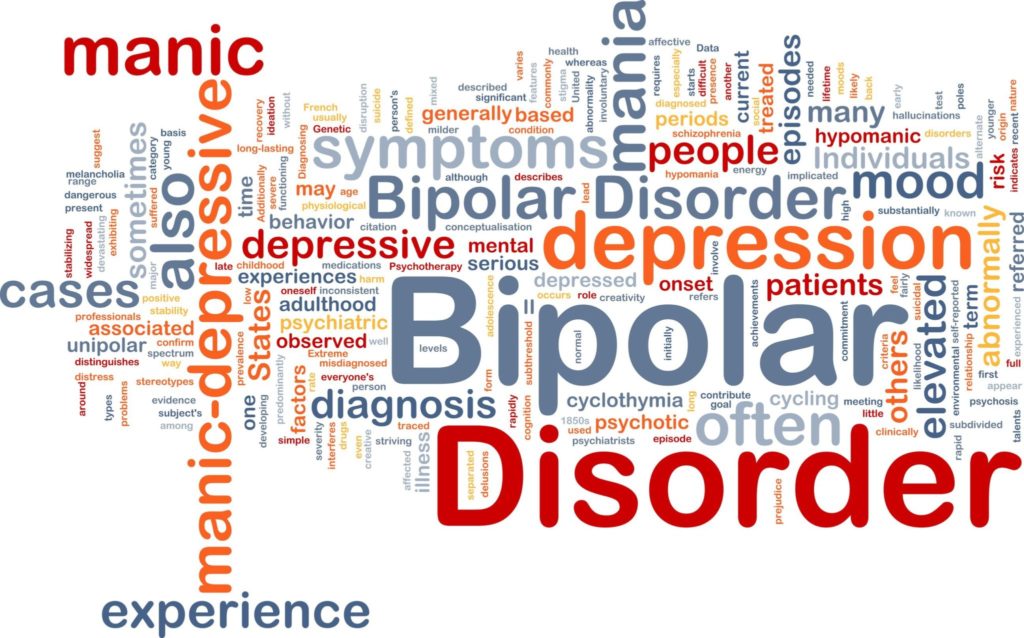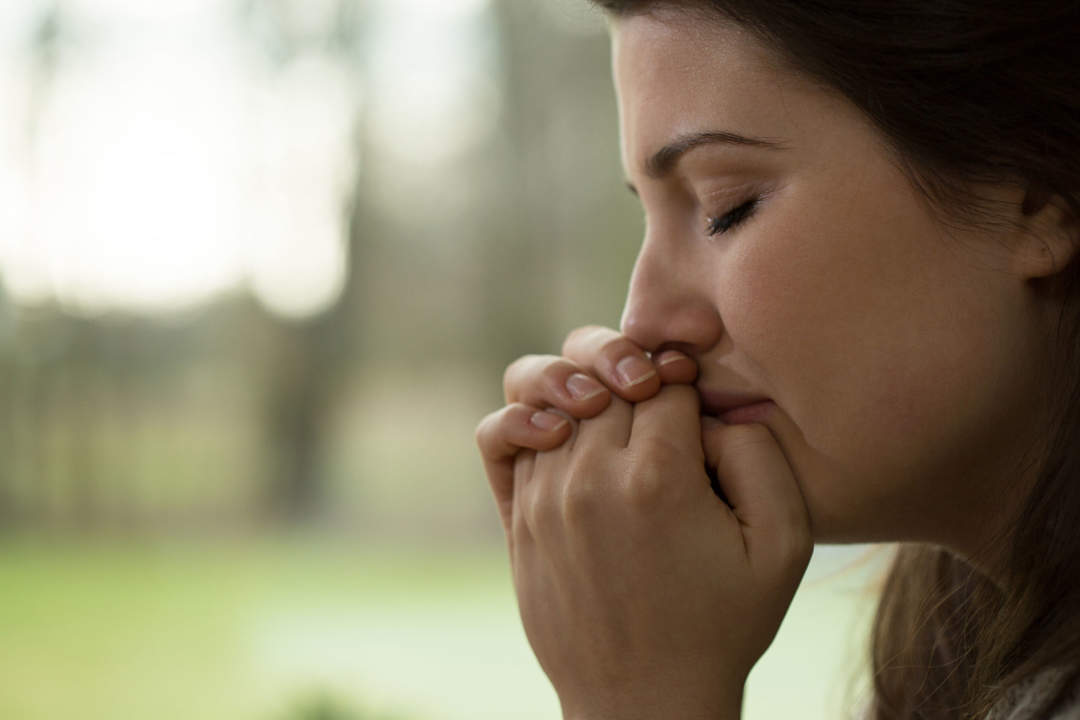No. We don’t have TV and I was not able to watch the Lunchtime Show episode where “comedian” Joey de Leon disparaged people suffering from depression. Nor do I intend to watch it in the spirit of “journalism”. I will not comment on that incident and I will not be commenting on whether or not Joey de Leon is an asshole. We already know that for a fact.
I will add though that I’m happy that this issue has brought the issue of depression to the limelight. Just in time for the National Mental health Week this Oct 9 – 13.
Do you know someone who has depression? Or have you or someone in your family been diagnosed with depression? Even if we are dealing with depression in ourselves or our families, we may not know what it really is. Is it just feeling sad all the time? Why can’t people just snap out of it? Its something that I strongly feel about. A lot of my friends suffered from depression, and a family member has taken his life and we didn’t even know then that he was suffering from depression.
Depression is said to be the most widespread mental disorder. It affects women (mostly moms) far more than men, and is particularly widespread in teens. A lot of them goes untreated and often leads to suicide due to the stigma and shame associated with the illness.

What Causes Depression?
There are various opinions on what causes depression, and even the role of brain chemicals is debated. Generally, though, depression can be separated into two categories: circumstantial and clinical.
Circumstantial depression refers to feelings surrounding an event, such as a death in the family or having to sell one’s house and move. The circumstances that can cause depression are extremely numerous, from kids having trouble with friends at school to the elderly in a nursing home. Circumstantial depression is also highly individualized.
Clinical depression defies circumstances and the depressed person may feel more depressed because he or she can’t find a reason for such dreadful feelings. Clinical depression may baffle those around the patient, too, because they can’t understand how a person could be depressed when his or her life seems to be going fine. This lack of understanding may make the patient’s depression worse.
Treatment approaches differ according to the type of depression the patient is experiencing as well as the individual’s personality and lifestyle.
Myths
There are a lot of myths surrounding depression that, when explained, help people better understand the illness. For example:
* Isn’t depression just self-pity? – Depressed people may seem to be “wallowing” in their sadness, but it’s not willful self-pity. It’s a true medical illness, sources point out, that should be treated as such.
* Medication for depression is overkill, and just treats the symptoms – For those on the outside, so to speak, medication can seem like putting a Band-Aid on a massive wound. But often, medication is what the patient needs to feel good enough to seek help for the underlying problem.
* Depression is not a “real” illness – Actually, it is; brain imaging studies have revealed how the actual chemical imbalances occur in the brain of a depressed person. It is considered physiological, even if the cause is circumstantial – the chemical imbalance may still be present regardless of the depression’s origin.
* Depression is a made up disease for the rich – This disease knows no economic status. It affects the rich or poor and the reason why people think it’s for the rich is that it is often diagnosed on those who can afford to go to the specialist.
Other Factors
Depression can be affected not only by circumstances; genetics, personality, psychology, and biology may also play a role. Women are far more likely to be diagnosed with depression, indicating possible hormonal factors. Men, on the other hand, are more likely to succeed in suicide as a result of depression than women, although more women than men attempt suicide, according to studies.
What to do?
In honor of the National Mental Week. let us start this conversation. Reach out to friends and families who may need your help. Ask people how they are doing. Sometimes, even just a simple PM and hello in social media can help people feel that they are not alone. And while that may not help cure the disease, it opens a way for your friends and family to reach out for help.
PS: I’m not much for starlets and actresses on local TV these days but hooray for Maine Mendoza and lots of TV people who supported her across social media in defense of the people who suffer from depression.

